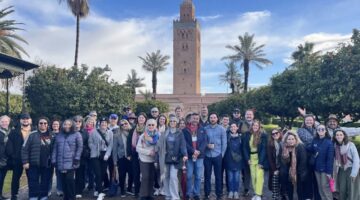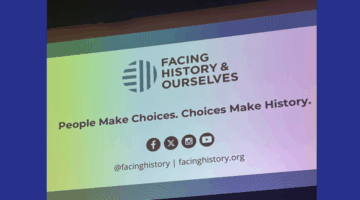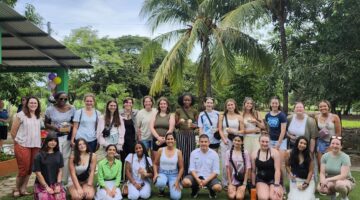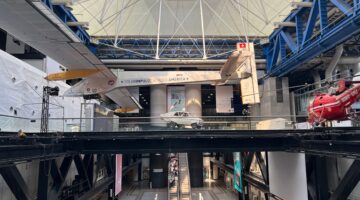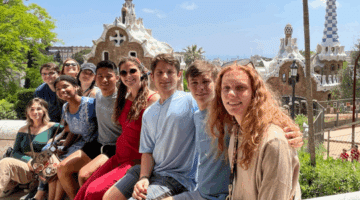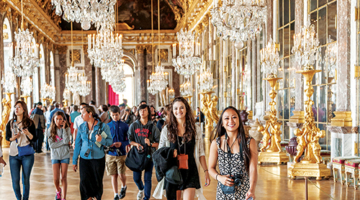How Does Experiential Learning Overlap with Educational Travel?
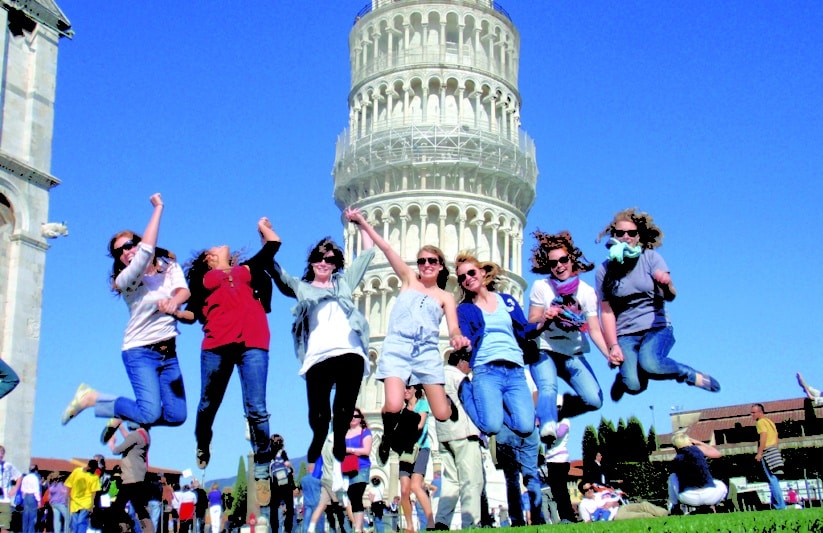
Confucius once said, “I hear and I forget. I see and I remember. I do and I understand.” As the educational establishment puts more pressure on teachers to follow strict standards and prepare for standardized tests, extending the classroom to the outside world where students can learn experientially is an increasingly vital aspect of the learning process.
The Center for Experiential Learning at the University of Colorado Denver defines experiential learning as “a process through which students develop knowledge, skills, and values from direct experiences outside a traditional academic setting. Well-planned, supervised and assessed experiential learning programs can stimulate academic inquiry by promoting interdisciplinary learning, civic engagement, career development, cultural awareness, leadership, and other professional and intellectual skills.”
What Makes Learning Experiential?
Experiential learning is different from didactic learning, in which the learner plays a comparatively passive role. Academic scholar Lenore Borzak describes experiential learning as a “direct encounter with the phenomena being studied rather than merely thinking about the encounter, or only considering the possibility of doing something about it.”
The Center for Experiential Learning at UC Denver stipulates learning that is “experiential” contains all the following elements:
– Reflection, critical analysis and synthesis
– Opportunities for students to take initiative, make decisions, and be accountable for the results
– Opportunities for students to engage intellectually, creatively, emotionally, socially, or physically
– A designed learning experience that includes the possibility to learn from natural consequences, mistakes, and successes
Growth Mindset vs. Fixed Mindset
The real power of experiential learning comes in what Carol Dweck describes in her 2014 TedTalk as “The Power of Yet”. Dweck cites a high school in Chicago that instead of handing out failing grades hands out grades of “Not Yet”. Dweck went on to explain the power of a growth mindset and what it can mean for a developing mind versus a fixed mindset.

When a young person believes they can grow and learn, they become inspired to do more to experience the intrinsic value of learning which becomes their motivation to keep working (in place of a higher grade or extrinsic reward). Dweck contrasts the growth mindset with the fixed mindset where a young person believes they’re simply not smart enough or able to succeed due to some kind of external factor over which they have no control. She goes on to cite study after study where students who were imbued with the growth mindset achieved at higher and higher levels of success.
Experiential Learning and Educational Travel
So how can you embolden experiential learning in your students to foster more of a growth mindset? One great way is educational travel. At ACIS we define Educational Travel as carefully planned combinations of tours, site visits and hands-on learning opportunities, built around clear learning objectives. Instead of describing the applications for language learning and cultural immersion in theory, why not show your students the real thing?
Once a student has the learned experience of empowerment and growth in a foreign culture, they’re well on their way towards a lifetime of learning and multi-cultural appreciation no matter where they go. They’ve learned to see the world and themselves in a new light which will pay off for the rest of their lives.
FREE GUIDE
5 Steps to Planning an Educational Tour
Leading an educational tour is easier than you may think. In this free guide
we’ll walk you through the 5 essential steps to becoming a group leader.

